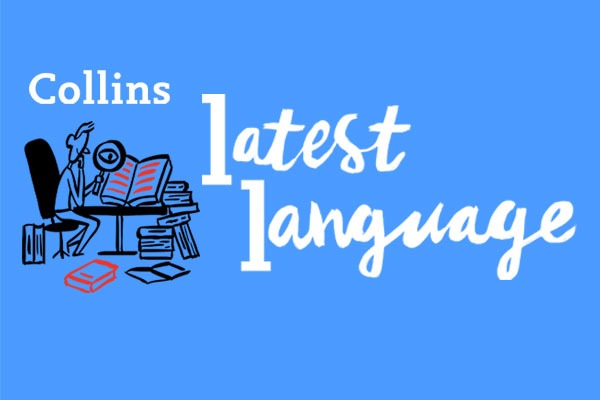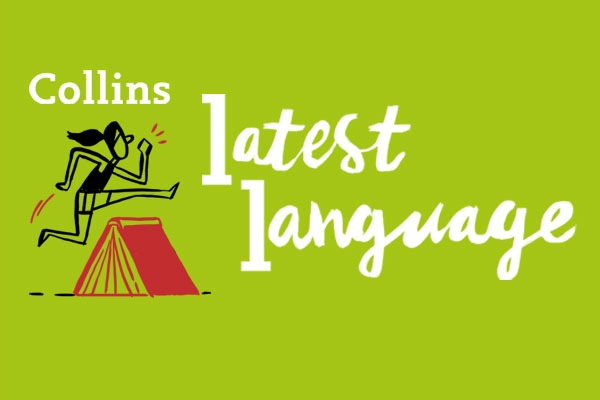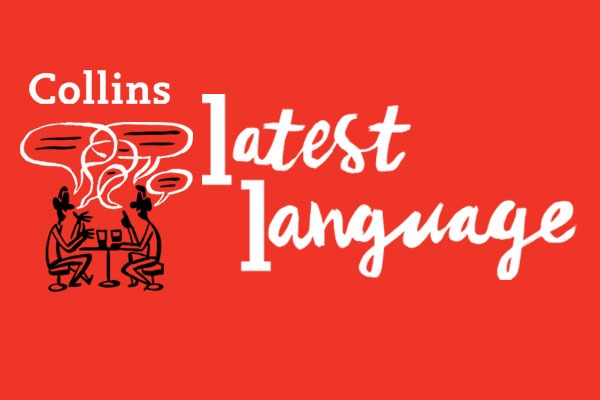Japanese comics and animated films have contributed four new entries to Collins English Dictionary online in its most recent update: jousei, seinen, shonen and shojo. Each of these genres features a different type of protagonist and is so designed to appeal to a particular audience.
Some appealing food and cookery terms also make their first appearance. Staying in Japan, we have the nutritious ingredient okara, while France gives us the savoury snack of panisse. The glass noodle (also called cellophane noodle) is named with a pleasing nod to its transparent appearance.
As we’re hungry for new meanings as well as new words, it’s always satisfying to add more than one new sense to an entry, and the entry melt has been augmented to give the slang meaning of a meek person and that of a sandwich made with melted cheese. Speaking of sandwiches, hamburger takes on an additional meaning too: if you’ve ever wondered what the three-line menu icon at the top of some web pages is called, now you know.
glass noodle noun a thin, transparent noodle made from starch and water. Also called: bean-thread noodle, cellophane noodle
hamburger noun,computing informal a symbol consisting of three parallel horizontal lines, which can be clicked on by the user of a web page to access a menu of options
jousei (ˈdʒəʊseɪ) noun an anime or manga featuring a young female adult as the protagonist
melt noun a hot sandwich containing melted cheese: a tuna melt; slang a meek, submissive, or timid person
okara (əʊˈkɑːrə) noun an insoluble pulp that remains after milk and tofu have been extracted from soya beans
panisse (pəˈniːs) noun a savoury snack made by frying a batter containing chickpea flour
seinen (ˈseɪnən) noun an anime or manga featuring a young male adult as the protagonist
shojo or shoujo (ˈʃəʊdʒəʊ) noun an anime or manga featuring a female teenager as the protagonist
shonen or shounen (ˈʃəʊnən) noun an anime or manga featuring a male teenager as the protagonist
Written by Mary O’Neill, managing editor.
All opinions expressed on this blog are those of the individual writers, and do not necessarily reflect the opinions or policies of Collins, or its parent company, HarperCollins.



